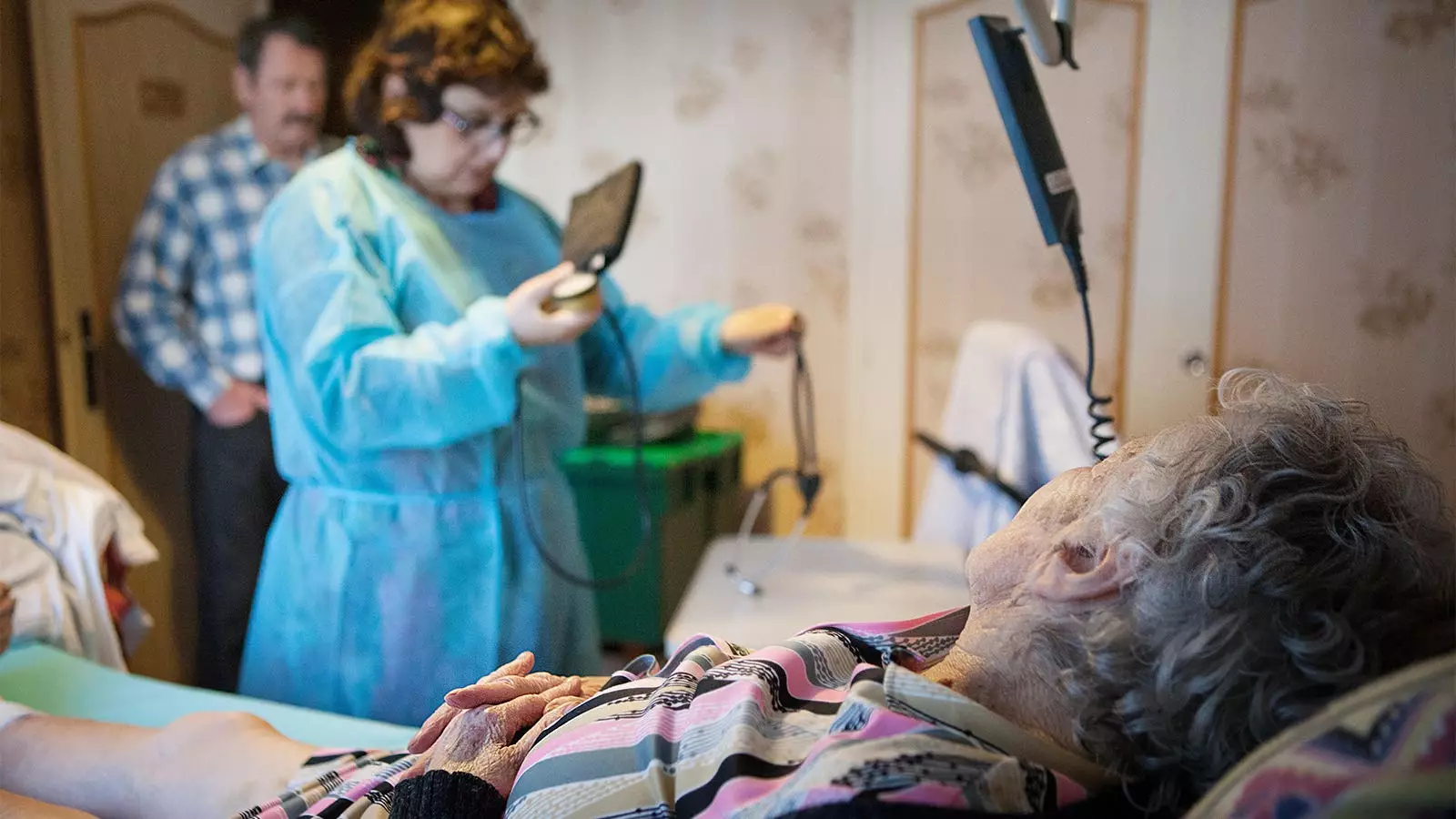The Acute Hospital Care at Home waiver, implemented in response to the COVID-19 pandemic, allowed hospitals to deliver hospital-level care to patients in their homes. This initiative has shown promising results, with over 300 hospitals across 37 states taking advantage of the waiver. Despite its success, the waiver is set to expire at the end of 2024, highlighting the need for an extension to continue expanding access to innovative hospital-at-home care.
Research conducted on hospital-at-home programs has highlighted the numerous benefits they offer to patients, their families, and healthcare providers. Studies have shown low rates of emergency returns to the hospital, referrals to skilled nursing facilities, readmissions, and mortality among patients receiving hospital care at home. Additionally, patients with dual eligibility for Medicare and Medicaid, or those with disabilities or dementia, have experienced similar, if not better, outcomes compared to the general hospitalized population.
Hospital-at-home programs align with the principles of Age-Friendly Health Systems, focusing on what matters most to patients and addressing their needs related to medications, mind, and mobility. By incorporating the “4Ms Framework,” these programs ensure the delivery of evidence-based care that reduces harm and enhances patient satisfaction. Clinicians and major health organizations have expressed support for hospital-at-home programs, recognizing their positive impact on patient outcomes and experiences.
Patients often prefer to receive care in the comfort of their homes, surrounded by loved ones and familiar belongings. Hospital-at-home programs offer a safer and more personalized alternative to traditional hospital settings, reducing the risks of infections, physical deconditioning, and delirium. Family caregivers of patients in hospital-at-home care also report lower levels of stress compared to those with loved ones in hospitals.
While the pandemic-era waiver has facilitated the expansion of hospital-at-home programs, challenges related to access and equity remain. Only a few state Medicaid programs have approved hospital-at-home care, limiting its availability to low-income residents. To address these issues, a 5-year extension of the Acute Hospital Care waiver has been recommended, along with the implementation of technical assistance and further research to improve care quality, safety, and cost savings.
The future of hospital-at-home programs holds great promise in transforming the way healthcare is delivered to older adults. Extending the Acute Hospital Care waiver is essential to ensuring that patients receive high-quality care in the comfort of their homes. By overcoming challenges related to access and equity, hospital-at-home programs have the potential to revolutionize the healthcare system and improve outcomes for a broader population.


Leave a Reply